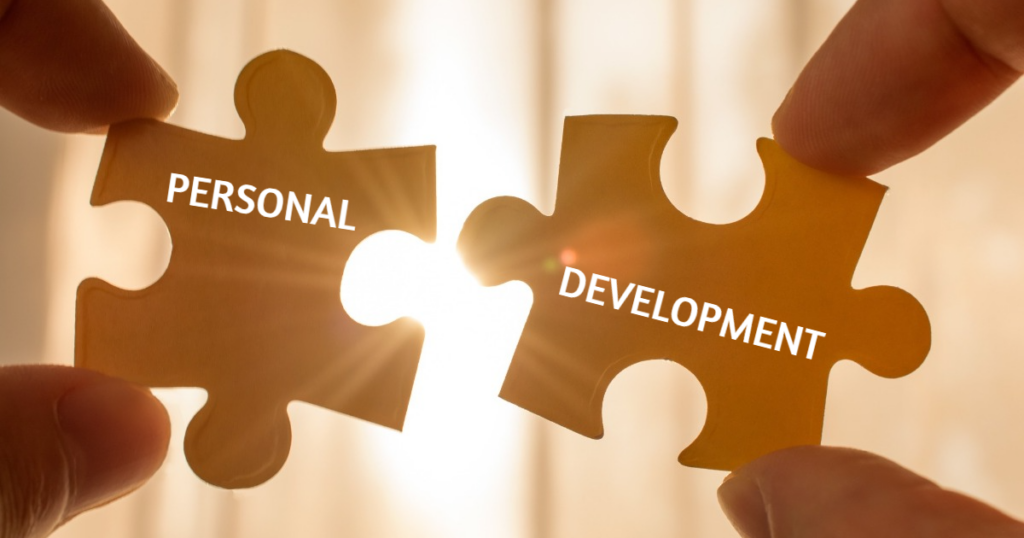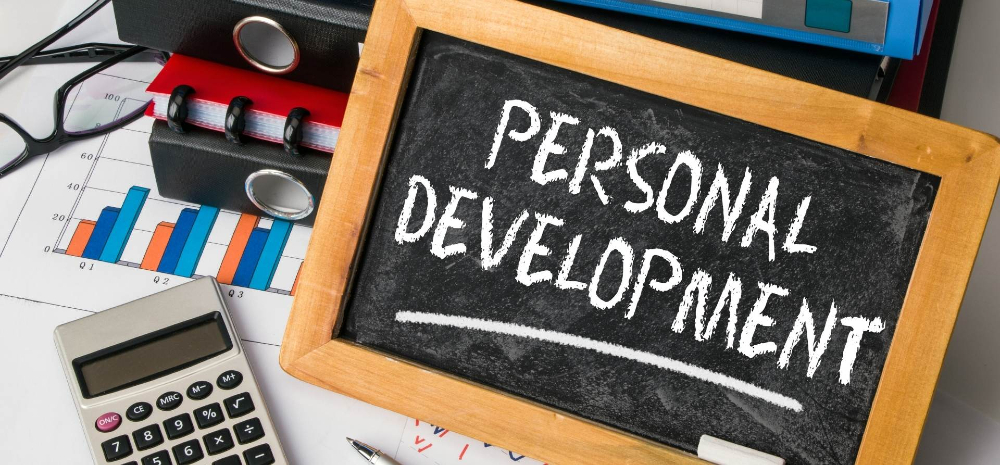
Did you know that employers from any industry are looking for candidates with strong personal skills? Having a good set of personal skills allows you to shine and stand out from the other candidates when you're searching for a job. Why? Because your personal skills demonstrate your personal development, which reflects who you are, and what you're passionate about in life.
It's not rocket science that who you are and what motivates you will also influence your everyday life, including those who are around you. Which explains why personal development is just as important in your professional career, as it represents how well you understand your own strengths and weaknesses.
Personal development revolves around the concept of life-long learning in which an individual continues to assess their life goals, purposes, and values as they grow. In the meantime, they also develop the skills and qualifications required in order to reach their full potential.
Personal development skills can be trained through education, getting advice from mentors and trainers, self-help, and more. In other words, personal development helps you at acquiring the necessary skills to maximise your potential. As a result, these skills will greatly contribute to your professional growth and goals, ultimately leading you to achieve your personal and career advancement.
You're more likely to succeed in life when you have strong personal skills, as it reflects your passion for the job you're doing, helps motivate you to finish all of your assigned duties, induce willingness to help your colleagues in completing a project, and more!
Personal skills, often known as 'soft skills', are completely different in comparison to professional skills, also known as 'hard skills'.
Personal skills are those related to your personality and behaviour, which cannot be quantified, such as communication skills and leadership skills. Employers often look for candidates with a good set of personal skills. This is why you need to also highlight these in your resume. It's also best to describe your soft skills experience during your interview, paired with specific examples.

On the other hand, professional skills are those that your employers can easily measure, such as programming skills, graphic editing skills, copywriting skills, and more. These skills can usually be acquired through education, courses, on-the-job training, and certification tests. You can demonstrate your hard skills by preparing a related portfolio to showcase the previous work you've completed.
As the name suggests, communication skills are important for receiving and delivering messages/instructions in a clear and precise manner. These include your writing, listening, and speaking skills. When you have a good grasp of these skills, they allow you to confidently communicate your ideas and feelings using an appropriate tone suited to the situation you're in.
Organisational skills are skills to manage and tidy up your physical and digital workspaces, including your ability to organise a well-planned schedule according to priority. With good organisational skills, you'll be saving more time, have a significant increase in productivity, and reduce the miscommunication rate in the workplace.
Problem-solving is your ability to gather information and make the decision to handle challenging situations that may arise out of nowhere. As a great problem-solver, you're expected to find the most efficient solution and make the best decisions to overcome any obstacles you're facing. Hence, learning how to stay calm, gather and analyse data and information, as well as assess facts and opinions, are essential to being a good problem-solver.
Leadership skills are essential when you're in charge of managing a project. Good leadership skills help you to guide your colleagues in moving forward to reach a common goal. Now, there's one important thing to keep in mind: Being a leader is different from being a boss. Why? Because other than delegating tasks to ensure things sail smoothly, a good leader will help motivate their team members, build their confidence, and improve the team's overall morale.
Having good time management skills allow you to accomplish something big within a short period of time. In other words, time management skills help you save more time, allowing you to focus and be more productive on the tasks at hand. As a result, you'll be able to acquire a better work-life balance.
Having compassion in the workplace shows that you're willing to help, care, and share the pain of your colleagues when they're in need of assistance. Compassion is a combination of essential elements to tend to individuals in need, such as care, empathy, and love. Showing compassion to your colleagues who are in pain or are undergoing some personal stress will make them feel more secure and comfortable at work.

When you're willing to commit to the people and things that matter to you, including your career and the company you're working with, it'll tremendously help improve your workplace relationships. As a result, these personal and professional growths will help you to be more successful in accomplishing your goals. When you're committed to something, you'll also enjoy the time you spend working on things you're passionate about!
Having a good work ethic is one of the most important personal skills that all employers are looking for. Candidates who are ethically positive, hardworking, and honest will essentially increase an organisation's overall morale. These will result in motivating and promoting fairness and decency among the employees, which ultimately leads to greater productivity and enhances a company's performance.
Now that you understand how personal development skills can be beneficial to both your personal and professional lives, don't you want to acquire them right away? But as previously mentioned, personal development skills are not something you can learn overnight with mere training alone.
So how can you start to practise these personal development skills in the workplace? Well, let's take baby steps and begin by being a better listener in the workplace. We should also learn to be more cooperative so that we can work well with others. Learn how to organise and manage your time, tasks, and workplace materials. When you're faced with challenging situations, remember to believe in yourself and the decisions you've made.
As a leader (or if you're aspiring to be one), you should always be truthful to your colleagues and team members and are willing to guide those around you. Your workplace environments are forever changing, so learning to be flexible and quickly adapt to change is essential. Lastly, learn to love your job and career. If you're committed and passionate about what you do, the people around you (yourself included!) will be more reliable and productive when it comes to working.
As difficult as personal growth and development can be, investing in yourself will always help build a solid groundwork for your professional career. And as the Queen of Jazz, Ella Fitzgerald, once said, "Just don't give up trying to do what you really want to do. Where there is love and inspiration, I don't think you can go wrong."